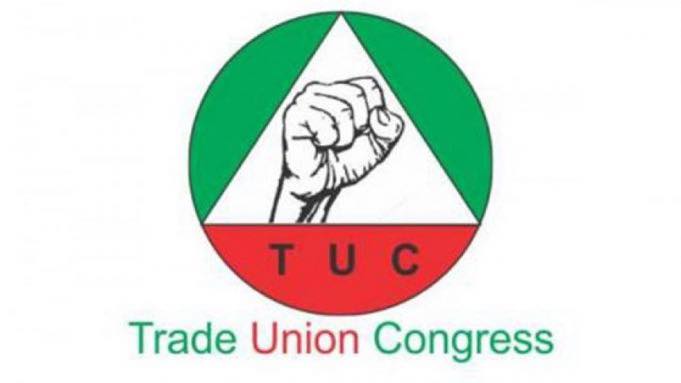
In recent times, Nigeria has witnessed significant tensions between the government and civil servants, particularly when it comes to salary adjustments, working conditions, and policy decisions that affect public sector workers. The recent threat by the Trade Union Congress (TUC) to embark on a nationwide strike over a proposed 5% tax on petroleum products has brought this longstanding debate back into the spotlight.
At the heart of the matter is a fundamental question: Should civil servants accept government decisions on their salaries and conditions quietly, or do they have the right—perhaps even the duty—to resist policies they see as unfair, including through strikes?
The Nature of Civil Service Employment
Civil servants, by definition, are employees of the government. Their salaries, benefits, and work environments are subject to the policies and budgetary decisions of public authorities. Unlike employees in the private sector, whose wages are typically determined by market forces, civil servants’ remuneration depends heavily on government revenue, political will, and economic conditions.
By choosing a career in civil service, workers inherently accept this link. They understand that their paychecks rely on the government’s fiscal health and policy priorities. For example, when government revenues decline or economic crises hit, public sector salaries might be frozen, reduced, or delayed. This relationship is a fundamental aspect of public employment worldwide.
Why Civil Servants Push Back
Despite this understanding, civil servants are not mere passive recipients of whatever the government decides. They are citizens with rights, and their livelihoods depend on fair and timely compensation. When government policies—such as new taxes, subsidy removals, or austerity measures—lead to increased living costs without corresponding pay adjustments, public workers feel the pinch.
In Nigeria, where inflation, currency devaluation, and economic challenges are persistent, a proposed 5% tax on petroleum products is more than just a policy move—it directly affects the cost of living, transportation, and business operations. For civil servants, many of whom already struggle with delayed or inadequate salaries, this is a serious threat to their economic well-being.
Thus, unions like the Trade Union Congress (TUC) act as a collective voice for civil servants, negotiating with government and, when necessary, organizing strikes to press for better conditions. Strikes, while disruptive, are a recognized form of industrial action used worldwide to push for labor rights.
The Role and Impact of Strikes in Public Sector Disputes
Strikes in the public sector often ignite heated debates. Critics argue that because civil servants are paid by taxpayers, strikes harm the public by disrupting essential services like healthcare, education, transportation, and security. They contend that civil servants should accept government decisions without work stoppages.
However, proponents of strikes maintain that when negotiations fail and workers’ livelihoods are threatened, strikes become a necessary tool. Strikes force governments to reconsider harsh policies and engage meaningfully with workers’ demands. In many cases, strikes have led to improved wages, better working conditions, and policy reversals.
In Nigeria, the TUC’s recent threat to strike over the petroleum tax reflects this dynamic. The union argues that the tax would worsen inflation and living costs, disproportionately affecting workers and citizens. The threat of strike signals their resolve to protect members from policies perceived as unjust.
Balancing Expectations and Responsibilities
The tension between government authority and civil servant rights is a delicate balance. On one hand, civil servants must recognize that their salaries depend on government budgets, which are influenced by national economic realities. On the other hand, governments must appreciate the legitimate concerns of workers who are essential to running the state machinery.
Both parties bear responsibility. Governments should strive for transparent, fair policies that consider workers’ welfare and economic realities. Civil servants and their unions should engage constructively with authorities but also hold firm when their livelihoods are at stake.
The Complex Reality of Public Service Work
Choosing a career in civil service means accepting the unique challenges of working within government structures, including the possibility of salary fluctuations tied to policy changes. Yet, it does not mean that civil servants must silently endure all hardships.
Strikes and collective bargaining remain important tools for workers to protect their rights and push for fair treatment. At the same time, governments must work to minimize economic shocks and communicate openly with public employees.
The recent situation in Nigeria underscores the complexity of this relationship. The outcome will depend on whether both sides can find common ground and work toward policies that balance fiscal responsibility with workers’ welfare—ultimately benefiting the entire nation.




